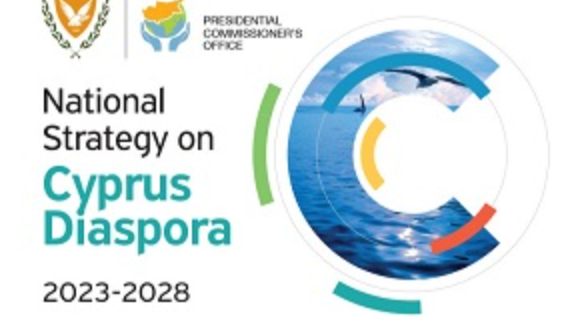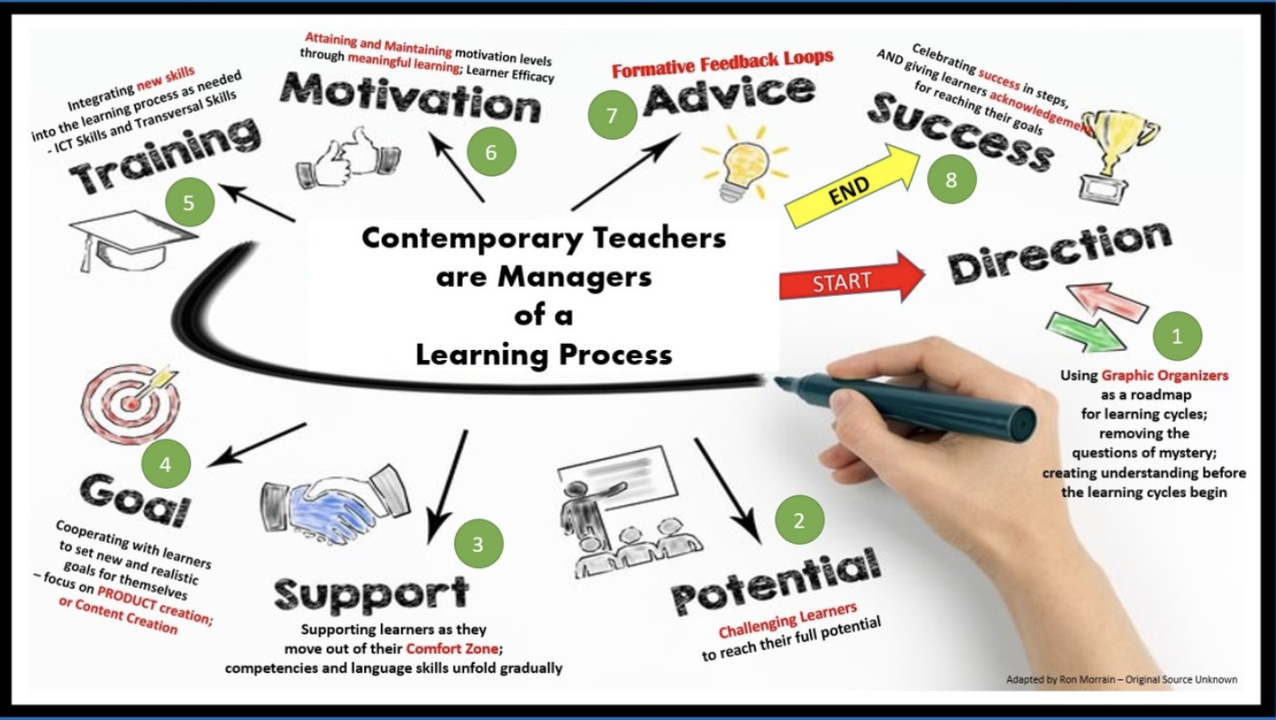The International Baccalaureate (IB) philosophy is built on holistic education, fostering intellectual, personal, emotional, and social growth in both students and educators. However, to truly bring well-being to life, it must be embedded in leadership, teaching practices, and daily school culture, ensuring educators feel supported and students thrive in emotionally healthy environments.
Strengthening IB Schools Through Well-Being Initiatives
Leadership Development for Emotional Resilience
IB schools aim to cultivate visionary and reflective leaders. A structured emotional intelligence framework empowers educators to lead with clarity, mindfulness, and purpose, preventing burnout and disengagement. Leaders receive training in conflict resolution, self-awareness, and team-building strategies to foster positive, collaborative school cultures.
Embedding Well-Being in the IB Learner Profile
The IB Learner Profile encourages attributes such as balance, reflection, and principled action. By incorporating social-emotional well-being strategies, schools ensure that both students and teachers develop self-regulation, resilience, and interpersonal skills, reinforcing a culture of emotional intelligence alongside academic rigour.
Building Supportive School Communities
A thriving IB school relies on a positive, inclusive environment, yet many educators struggle with workplace challenges such as gossip, low self-esteem, and hierarchical pressure. Professional development initiatives provide structured mentorship, peer collaboration networks, and assertive communication strategies, ensuring educators feel confident, valued, and supported.
Project-Based Learning for Social & Emotional Well-Being
IB emphasises experiential learning through Theory of Knowledge (TOK), Creativity, Activity, Service (CAS), and interdisciplinary inquiry. Well-being can be woven into these components, allowing students to engage in projects that promote self-reflection, emotional resilience, and ethical leadership, strengthening their mental and emotional adaptability for the future.
Global Competency & Intercultural Emotional Well-Being
IB’s global focus encourages intercultural understanding, but effective global citizenship also requires emotional intelligence. Educators gain exposure to international well-being practices through leadership retreats, fostering cross-cultural awareness and adaptive learning strategies that enhance student engagement worldwide.
Sustainable Well-Being Measurement & Continuous Growth
IB schools prioritise continuous reflection, making well-being assessments essential. Through structured teacher satisfaction scorecards, schools track educator engagement, burnout risks, and emotional health, ensuring targeted interventions that support both staff and student well-being. IB schools are able to support teacher well-being through professional development, reflective practices, and collaborative training.
Workshops cover conceptual teaching, assessment strategies, and workload management, helping educators refine their methods while maintaining balance. Mindfulness and self-reflectionpractices help prevent burnout by encouraging teachers to focus on their well-being.
Leadership programs and mentorshipstrengthen resilience, providing educators with peer support and career growth opportunities.
Collaborative planning sessions ensure teachers share best practices, while digital tools and IB resourceshelp streamline tasks, reduce stress, and improve efficiency.
These initiatives can create a positive, sustainable teaching environment, allowing educators to stay engaged while fostering meaningful student learning
Aligning IB Accreditation with Well-Being Strategies
Schools preparing for IB evaluation and accreditation benefit from structured well-being frameworks, ensuring emotional and professional growth align with international standards.
When a school values well being and actively tracks and measures this—through surveys, feedback, or structured programs—it can make informed improvements that benefit both teachers and students.
By prioritising emotional health and engagement, schools create a supportive environment where educators feel valued and students thrive academically and personally.
Over time, this leads to lasting success and fulfilment for everyone in the school community.
Conclusion: A Thriving School Culture Starts with Well-Being
IB education is designed to create lifelong learners, but to fully embody its mission, schools must integrate emotional intelligence, resilience, and a culture of belonginginto their framework.
By prioritising teacher well-being, student engagement, and leadership development, IB schools foster a dynamic, future-ready learning environment where everyone thrives—emotionally, socially, and academically.








